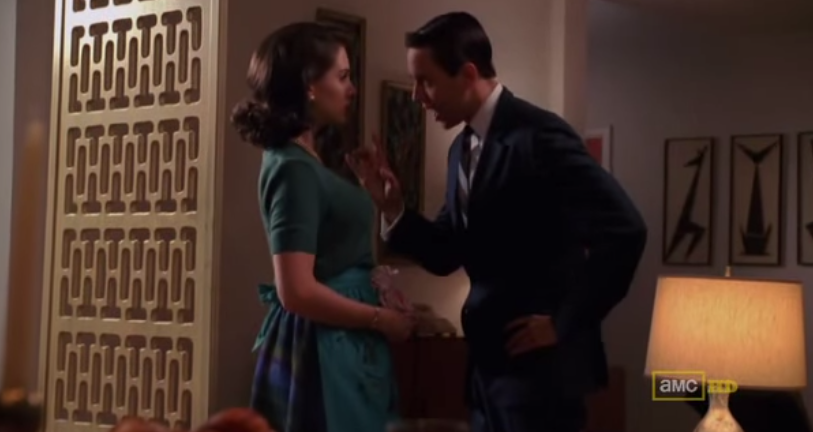"That's final" indicates an unconditional end to any negotiations, as in "that's my final offer".
It has acquired a negative connotation from one common context: the authority of men over women. As modern society recognizes this as a sexist convention, any man who says "that's final" deserves a slap -- or a divorce.
As with most sexist behaviors from the recent past, AMC's "Mad Men" gives us a great example (click for video!):
Pete: Spence Chapin [a child adoption agency]. How did that happen?
Trudy: I put us on the list. And, I don't know -- we went right to the top!
Pete: Well, I'm not going. And neither are you.
Trudy: Peter, you're shouting.
Pete: (interrupting)[interrupting] Don't do that. Listen to me, very carefully. We are not. Adopting. A child. That's final.
Trudy: Will you calm down and we can talk about...
Pete: (interrupting again)[interrupting] Hell's bells Trudy! That is final!
It's possible to use "that's final" in different contexts without the sexist connotation, such as business negotiation. However, you likely won't encounter this usage as frequently, especially in popular culture.
I can't give good first-hand experience on usage in British English, but the Google Ngram viewer suggests that British authors use the expression about half as much as American authors. Also interesting: "that's final" took a big dive in American writing in the 1960's, the same time that the civil rights and women's rights movements were becoming popular.

